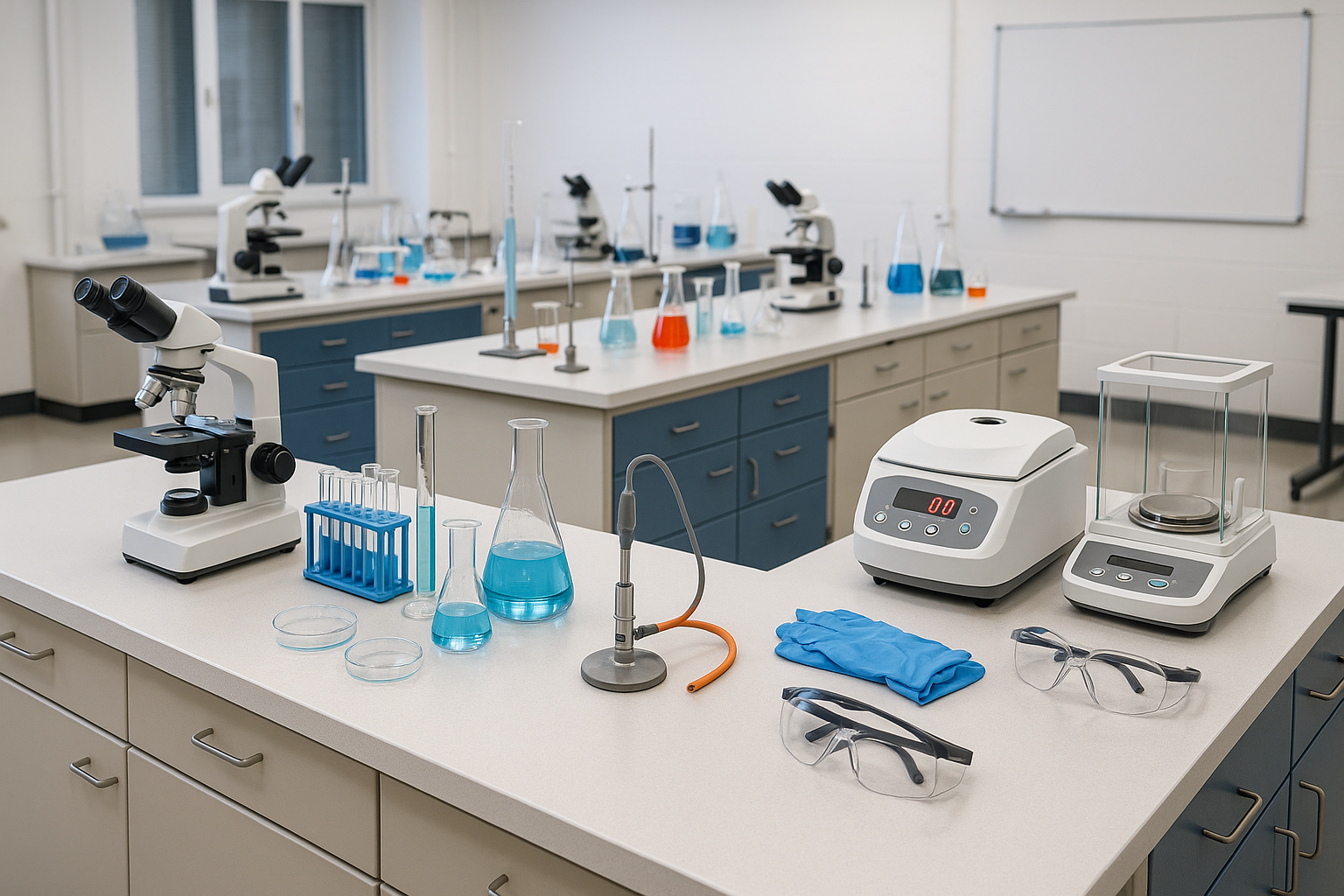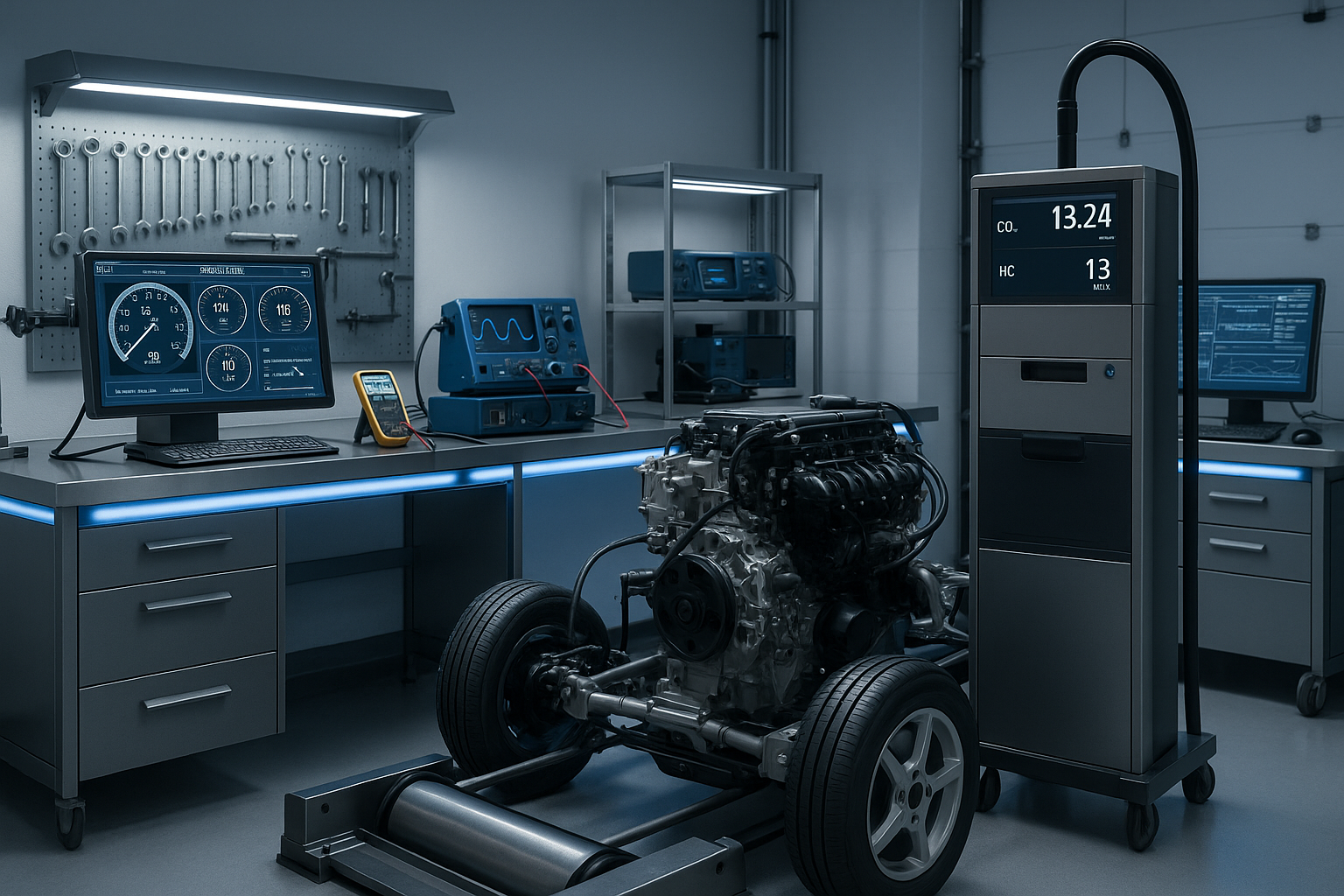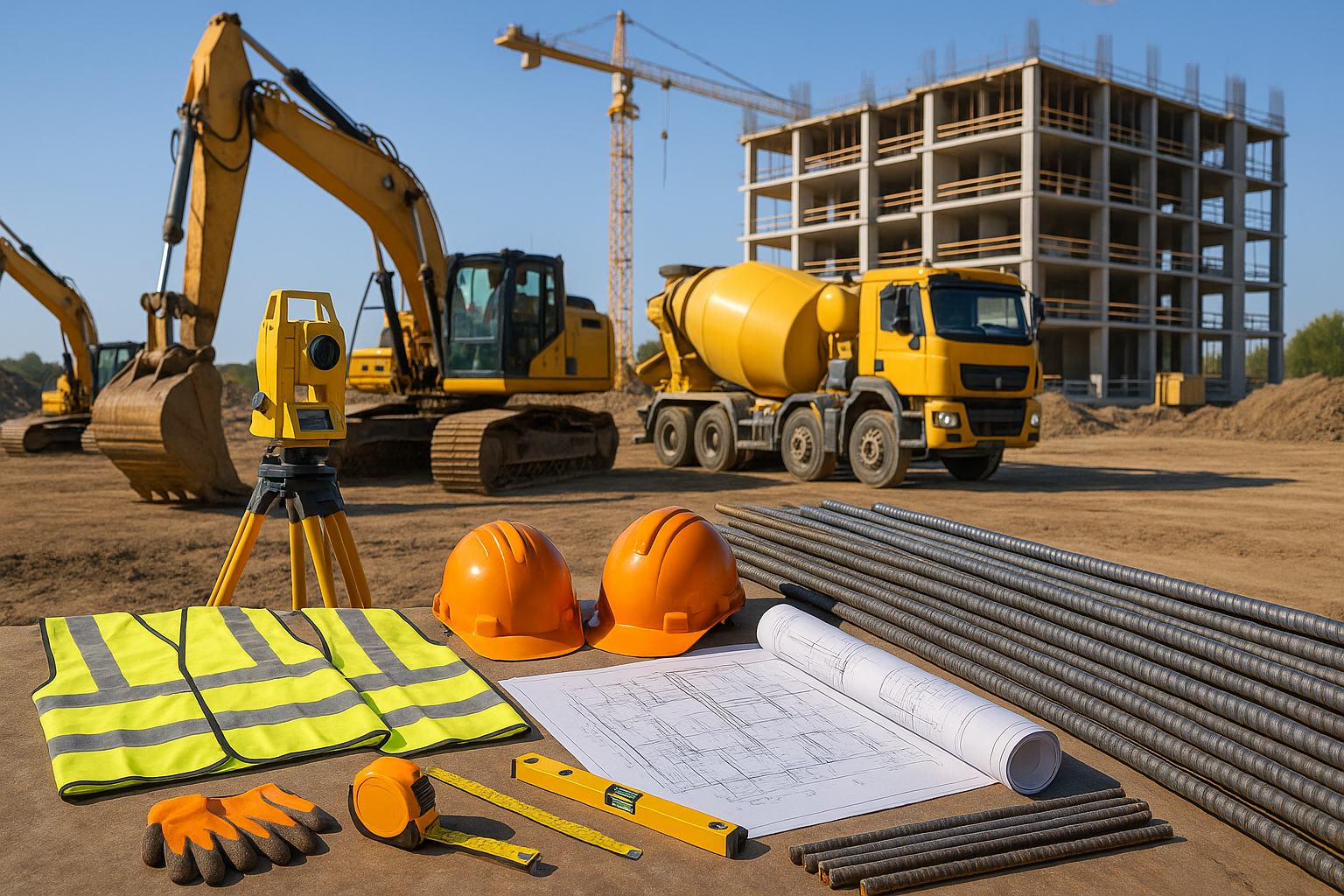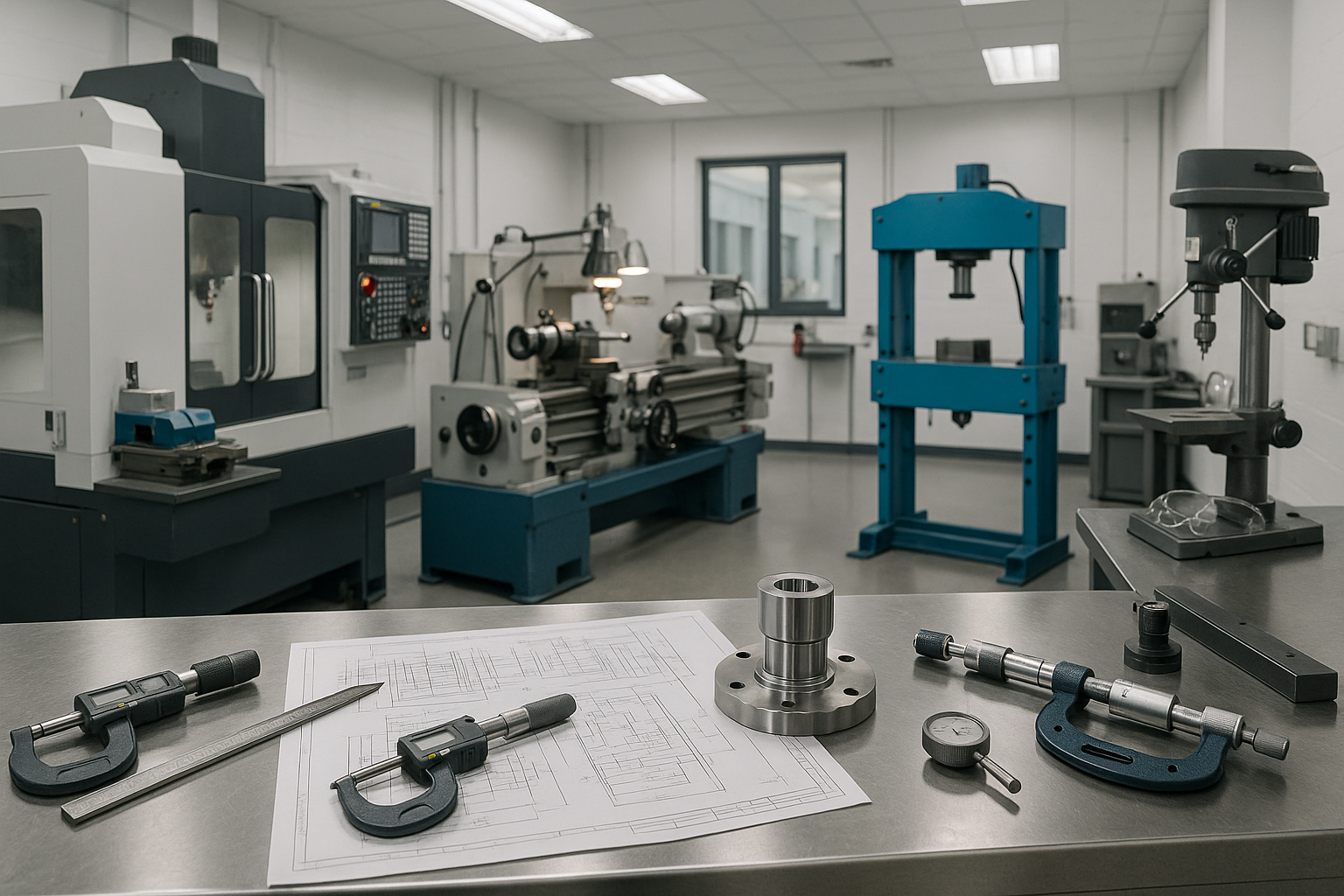Cement Testing Equipment: Understanding Its Importance
Cement testing equipment plays a critical role in ensuring the quality and performance of cement in construction projects. The integrity of structures depends significantly on the characteristics and properties of the cement used. Various testing methods and equipment accurately assess the quality of cement, making it essential for manufacturers, contractors, and quality assurance professionals.
Cement testing equipment refers to a wide range of instruments and tools that are used to assess the quality and characteristics of cement. Some of the commonly used cement testing equipment include:
-
Blaine air permeability apparatus - used to determine the fineness of cement particles by measuring the rate at which air passes through a sample.
-
Vicat apparatus - used to determine the setting time of cement by measuring the penetration of a plunger into a cement sample.
-
Compressive strength testing machine - used to measure the strength of cement by applying a compressive load on a cement sample.
-
Consistency test apparatus - used to determine the consistency of cement by measuring the amount of water required to make a cement paste of standard consistency.
-
Flow table - used to determine the workability of cement by measuring the diameter of the spread of a cement paste on a flat plate.
-
Le Chatelier apparatus - used to determine the expansion of cement when it is mixed with water.
-
Heat of hydration apparatus - used to measure the heat generated by cement when it is mixed with water.
These are just a few examples of the many types of cement testing equipment available. Other equipment includes apparatus for measuring soundness, air content, and setting time, among other properties of cement. The proper use of this equipment is crucial in ensuring that cement is of high quality and meets the required specifications for various construction projects.
LABORATORYDEAL India maintains a good quality assurance of all its products and provides lab equipment at affordable and eco-friendly rates. The company provides lab equipment throughout and outside the country and has a network of dealers and distributors in various states, including Andhra Pradesh, Arunachal Pradesh, Assam, Bihar, Chhattisgarh, Goa, Gujarat, Haryana, Himachal Pradesh, Jharkhand, Karnataka, Kerala, Madhya Pradesh, Maharashtra, Manipur, Meghalaya, Mizoram, Nagaland, Odisha, Punjab, Rajasthan, Sikkim, Tamil Nadu, Telangana, Tripura, Uttar Pradesh, Uttarakhand, and West Bengal
Several factors contribute to the overall quality of cement, including its fineness, setting time, strength, and chemical composition. Neglecting to adequately test cement can lead to severe consequences, such as structural failures, increased maintenance costs, and safety hazards. Therefore, understanding the types of cement testing equipment available is vital for those involved in the construction industry.
The most common types of cement testing equipment include the Vicat apparatus, Blaine air permeability apparatus, standard consistency equipment, and compressive strength testing machines. Each piece of equipment serves a specific purpose and is designed to measure different properties of cement.
The Vicat apparatus is essential for determining the initial and final setting times of cement. This information is crucial for project planning and managing timelines effectively. By accurately measuring these times, professionals can ensure that the cement will perform as expected when applied in various construction scenarios.
Fineness is another critical property of cement that affects its strength and hydration rate. The Blaine air permeability apparatus is widely used to determine the fineness of cement by measuring the surface area. Cement with a higher surface area generally exhibits better performance, allowing for greater hydration and resulting in superior strength.
In addition to these tools, a standard consistency test apparatus is used to determine the water-cement ratio needed to achieve the desired consistency during mixing. This test is crucial for ensuring that the cement mix can be easily applied and will maintain its integrity over time.
Finally, compressive strength testing machines are vital for evaluating the load-bearing capacity of cement. This equipment can subject cement samples to pressure until failure occurs, providing essential information about its performance under load.
Utilizing cement testing equipment is not only about complying with industry standards; it's also a proactive approach to preventing future issues. Investing in quality testing ensures the durability and longevity of structures, safeguarding both monetary and human resources.
In conclusion, understanding and effectively using cement testing equipment are fundamental for anyone involved in the cement and construction industries. Regular and thorough testing can significantly reduce risks, enhance quality assurance, and contribute to the overall success of construction projects. By prioritizing quality through proper testing methods and equipment, professionals can ensure that their work meets the highest standards and achieves the desired results.










1 comment
air testing laboratory
Very Informative Blog.
Visit us: https://farelabs.com/services/testing/air-testing-lab/
Air Testing Lab |
Air Testing laboratory |
Air Testing Lab in gurgaon |
Air Testing Lab in india |
Air Testing Lab near me |
Air Testing services |
Air Quality Testing laboratory